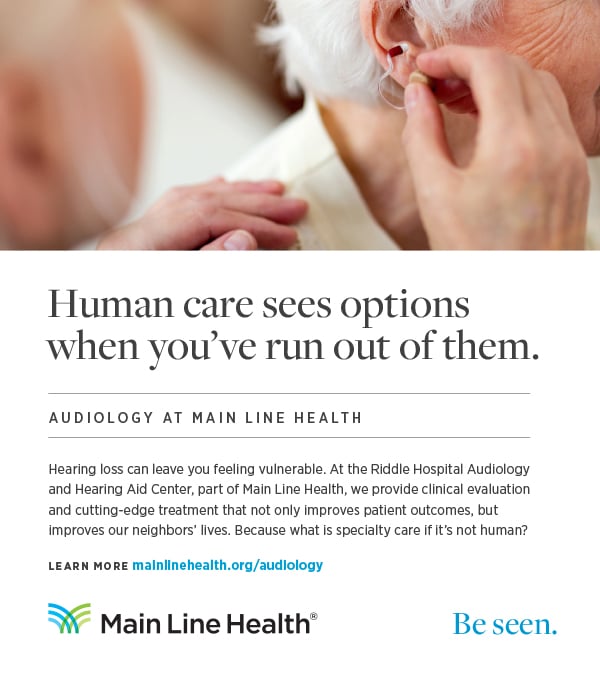Hearing Aid FAQ

By Alexa R. Lynch, Au.D.
Below are some frequently asked questions our audiologists receive from patients exploring hearing aid options. If you have additional questions, feel free to reach out and an audiologist would be happy to provide further information!
Do I need a hearing aid?
Some common signs you may need a hearing aid are; turning the volume up on the TV, asking others to repeat themselves, and difficulty understanding conversations in background noise. A comprehensive audiologic evaluation should be completed to determine if you are a hearing aid candidate. There are also additional benefits of treating your hearing loss, such as improved cognitive and psychological health.
What is the cost?
There is a large range when it comes to cost. One factor that determines cost is how advanced the technology of your hearing aid is. If you are an active person and in a variety of listening environments your lifestyle may require more features than someone who is generally in quiet. At Riddle Audiology we also offer “service plan packages” so you can customize how much follow up care you would like included with your purchase.
How long do they last?
The longevity of a hearing aid is generally 5-7 years. Around the 5-year mark, there may be new technology and new features that may interest or benefit you. However, if your hearing aid is still functioning and accommodating your needs, you may choose to wear it beyond that range.
What kind of hearing aid is right for me?
An audiologist may make a recommendation for a certain style of hearing aid depending on your hearing loss, ear anatomy and if you have any difficulty with vision and dexterity. There are also features you may be interested in such as rechargeability and cell phone connectivity. Most audiologists work with several different manufacturers and can help find a good fit for you.
Do I need two hearing aids?
If you have an aidable hearing loss in both ears then two hearing aids are highly recommended. The devices communicate with each other which helps significantly in challenging environments like background noise. It will also improve your ability to localize sound which is important for safety and balance.
Does insurance cover hearing aids?
Unfortunately, a lot of insurances do not. The best thing to do is to call your insurance provider and ask. If you do not have a hearing aid benefit and need financial assistance, we offer financing options.
I think I am ready for hearing aids, what’s the next step?
If you have had a hearing test within the past year, schedule an appointment for a listening needs assessment and hearing aid demonstration. During this appointment an audiologist will try on different devices and make a recommendation based off your hearing loss, lifestyle, and listening needs. This appointment is no obligation to you, however, if you feel you are ready for hearing aids you will get a 30-day trial period to evaluate them further!
The Riddle Experience
The audiologists and Riddle Hospital share the same goals that you do – to improve hearing and understanding even in your most difficult environments. A comprehensive audiologic evaluation followed by a listening needs assessment and live hearing aid demonstration will allow the audiologist to make the best recommendations for a hearing treatment plan tailored to your individual hearing needs.
Jessica M. Bell, Director/Doctor of Audiology
Alexa R. Lynch, Doctor of Audiology
Lisa C. Mackenzie, M.S.
Clinical Audiologist
For an appointment with a Riddle Hospital Audiologist, call 484.227.3200 or visit
mainlinehealth.org/RiddleAudiology


